We are pleased to announce the 2022 Community and Collaboration Core (CCC) Advancing Collaboration Grant recipients.
These grants, provided by the Community and Collaboration Core, are designed to build and support community engaged research (CEnR) partnerships through relationship-building activities, exploring research interests, and developing infrastructure and governance for research partnerships.
Effects of a Short-Term Parent-Mediated Social Training on Developmental Trajectories in InfantsRebecca Landa, PhD, CCC-SLP, Kennedy Krieger Institute, Johns Hopkins University School of Medicine, Academic Principal Investigator The persistent gap in language skills for young children in low-income households is the impetus for translating the Infant Achievements intervention into a scalable community-implemented program for underserved Baltimore families. The Infant Achievements intervention fosters caregiver-infant social engagement as an enriched milieu for promoting child language development. The group has joined Baltimore City’s Early Childhood Advisory Council, recognized by the Maryland State Department of Education as Baltimore’s leading early childhood body. They also recently met with Maryland Family Network, a state leader in serving children, families, and childcare communities. New aims moving forward are to: 1) Expand academic and community partnerships to include stakeholders strongly positioned within established early childhood systems. 2) Understand the norms, operating culture, and training needs of a potential implementing organization (and/or program) to begin conducting capacity-building activities. 3) Explore perspectives of multi-level stakeholders within a potential implementing organization (and/or program). |
Establishing a Community-Academic Partnership Focused on Improving Adolescent Relationship Health in Baltimore City through Engagement of Youth LeadersPamela Matson, PhD, MPH, Johns Hopkins University School of Medicine, Academic Principal Investigator Romantic relationships are a critical element of adolescent development, with far-reaching health impacts. They can lead to high self-esteem and other psychosocial benefits but, conversely, can lead to teen dating violence, substance use, and sexually transmitted infections. Teen dating violence rates and other adverse outcomes of relationships are disproportionally high among Baltimore youth, but black youth are underrepresented in teen dating violence research, which currently focuses overwhelmingly on white, college-attending youth. Dating Matters®: Strategies to Promote Health Teen Relationships is an evidence-based, comprehensive, multi-level teen dating violence prevention model developed by the Centers for Disease Control and Prevention. The model focuses on teaching healthy relationship skills to middle school students by educational professionals before they enter relationships. Specific objectives of this proposal are: 1) To review the CDC’s Dating Matters® curriculum as a community-academic partnership team, including youth leaders, with the goal of making recommendations for additions and modifications relevant to high school students from traditionally underserved and marginalized communities. 2) To create a developmentally-appropriate companion resource guide where youth can get support for relationships, including dating violence, as well as for behaviors such as substance use and sexual risk-taking that increase the risk for dating violence. 3) To support youth in their engagement in change projects in the community to inform local policy (i.e., BCHD youth trauma services) as well as professional development (i.e., Baltimore City Police Dept.). |
Examining Effects of Holistic School Enrichment ProgramsStewart Mostofsky, MD, Johns Hopkins University School of Medicine & the Kennedy Krieger Institute, Academic Principal Investigator Children and young people comprise a significant percentage of U.S. citizens struggling with mental health issues. Baltimore City children are at increased risk for developing emotional or behavioral problems due to exposure to Adverse Childhood Experiences such as experiencing/witnessing violence, abuse/neglect, exposure to substance abuse, mental health problems, and instability due to parental separation or incarceration. High rates of child poverty compound this issue, such that Baltimore City children are at substantial risk for emotional and behavioral health difficulties yet are less likely to receive needed treatment. COVID-19 has only emphasized these inequities. A Mindful Movement Intervention (MMI) offered within school settings offers strong promise as a highly scalable and sustainable approach for successful outreach to a wide range of children. Specific objectives of this proposal are: 1) Assess pre- to post-intervention changes in self-regulation of attention, behavior, and emotion in children participating in the MMI. 2) Assess the satisfaction of children, parents, and teachers with the MMI. 3) Increase engagement of students, families, and the school community in the MMI via regular family sessions and peer-to-peer mentoring opportunities. |
Partnership to Conduct Youth Participatory Research in Disadvantaged CommunitiesDiane Marie St. George, PhD, University of MD School of Medicine, Academic Principal Investigator This project’s original aims were to develop a community-academic partnership that brings together high school students, school administrators, teachers, community agencies, and university faculty with a shared goal of improving students’ health in Southwest Baltimore. The second aim was to apply the Youth Participatory Action Research Framework to generate a meaningful, feasible school health research agenda for the design, implementation and evaluation of school-based interventions that will address student-identified needs. However, since COVID-19 lowered schoolwide student engagement, the project has focused on a mutually beneficial partnership mentoring Advanced Placement (A.P.) Research students. The proposed expansion of the project is two-fold: working within existing high school classes and including middle schools as partners. The second component of the expansion is the engagement of the feeder middle school a partner in this work. Reaching students during early adolescence is critical, as school disengagement and unhealthy behaviors often begin before high school. Specific objectives of this proposal are: 1) Expand the emerging community-school-university partnership to engage the middle school community partners, teachers, and their students. 2) Develop and deliver age-appropriate lesson plans for middle and high school students and mentor high school students in A.P. Seminar and A.P. Research courses. 3) Using the Youth Participatory Action Research Framework, design and implement a needs assessment to identify priority health needs of middle and high school students. Integrate knowledge gained from school listening sessions (from the original pilot and proposed expansions) into framing and prioritizing research questions relevant to addressing health needs among the middle/high school aged population. |


